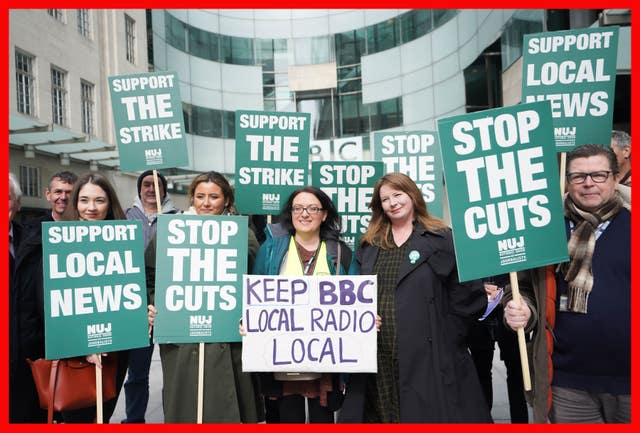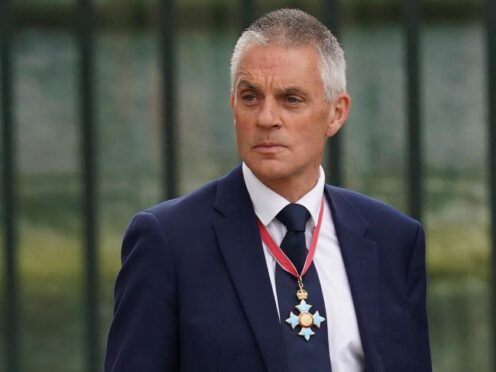BBC director-general Tim Davie has confirmed that he plans to keep “all the local radio services” as the corporation continues to implement cost-saving measures.
The broadcaster has been reassessing its priorities over the last year as it seeks to make £500 million of savings after coming under financial strain due to the licence fee being frozen and inflation rising.
The proposed plans for local radio stations to share more content and transmit fewer programmes unique to their areas resulted in BBC local journalists taking strike action last year.
On Monday, the BBC boss addressed questions by the Commons’ Public Accounts Committee (PAC) about the future of its radio and TV services while he provided an update on the corporation’s plans to spend least an extra £700 million outside London between March 2021 and March 2028 to “strengthen” UK delivery.

Mr Davie said: “We are keeping all local radio services, all of them. We’re keeping all the breakfast shows.
“Local radio is utterly precious, I don’t want to go backwards on that. We’re doing all we can to protect that.
“But the idea that we’re the only company in the media world that doesn’t offer our services online I think is wrong, and that’s where we’ve tried to get the balance right.”
Among the other cost-saving measures, a number of World Service TV and radio broadcast services were moved online and some domestic and global news channels were merged.
Addressing the plans, Mr Davie added: “We’re pushing more of the network output so it gets closer to you … you connect with it.
“Separately, we have very clear targets which we want 50% of the population to be getting value from our local and regional services.
“We have reallocated money under enormous budgetary pressures … we’ve reallocated money from radio to online … but we have not taken money out of local, we’ve reallocated.”
Mr Davie acknowledged that the changes to local radio had “not been easy” on the stations and listeners but added that these were “the choices we have to make”.
Another of the corporation’s plans had been to move the the BBC Concert Orchestra outside of London, which would have transferred £23 million spending outside the capital, but the corporation backtracked on this in June, according to a report by the National Audit Office.
Speaking on the decision, Mr Davie said: “If you forecast every change early on when you started the programme, you’re going to hit one or two areas where you can’t deliver …
“We did the case, and it just didn’t make sense. The economic viewpoint of our detail, when you got into that £23 million, it didn’t make sense based on what we’ve got in East Bank.”
The BBC is creating new music studios, due to open in Stratford East Bank in London in 2025, which will host music sessions for the broadcaster.
He added: “We are now looking at what other things we can do in the field of audio to fill that gap, and we’re confident we can do it.”
These changes comes as the licence fee freeze at £159 a year is set to end, with the price rising in April to £169.50 a year in line with September’s CPI, less than what was originally thought.
The corporation previously said this would mean “further changes on top of the major savings that we are already delivering”.
Mr Davie described the changes to the licence fee and high inflation as “enormous challenges” for the broadcaster.
He also told MPs that the corporation will look into whether there should be changes to the licence fee this year amid the Government’s review into the current funding model.
